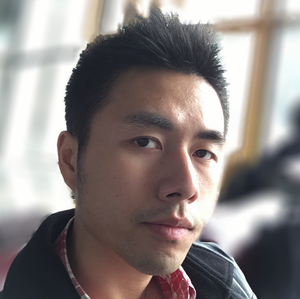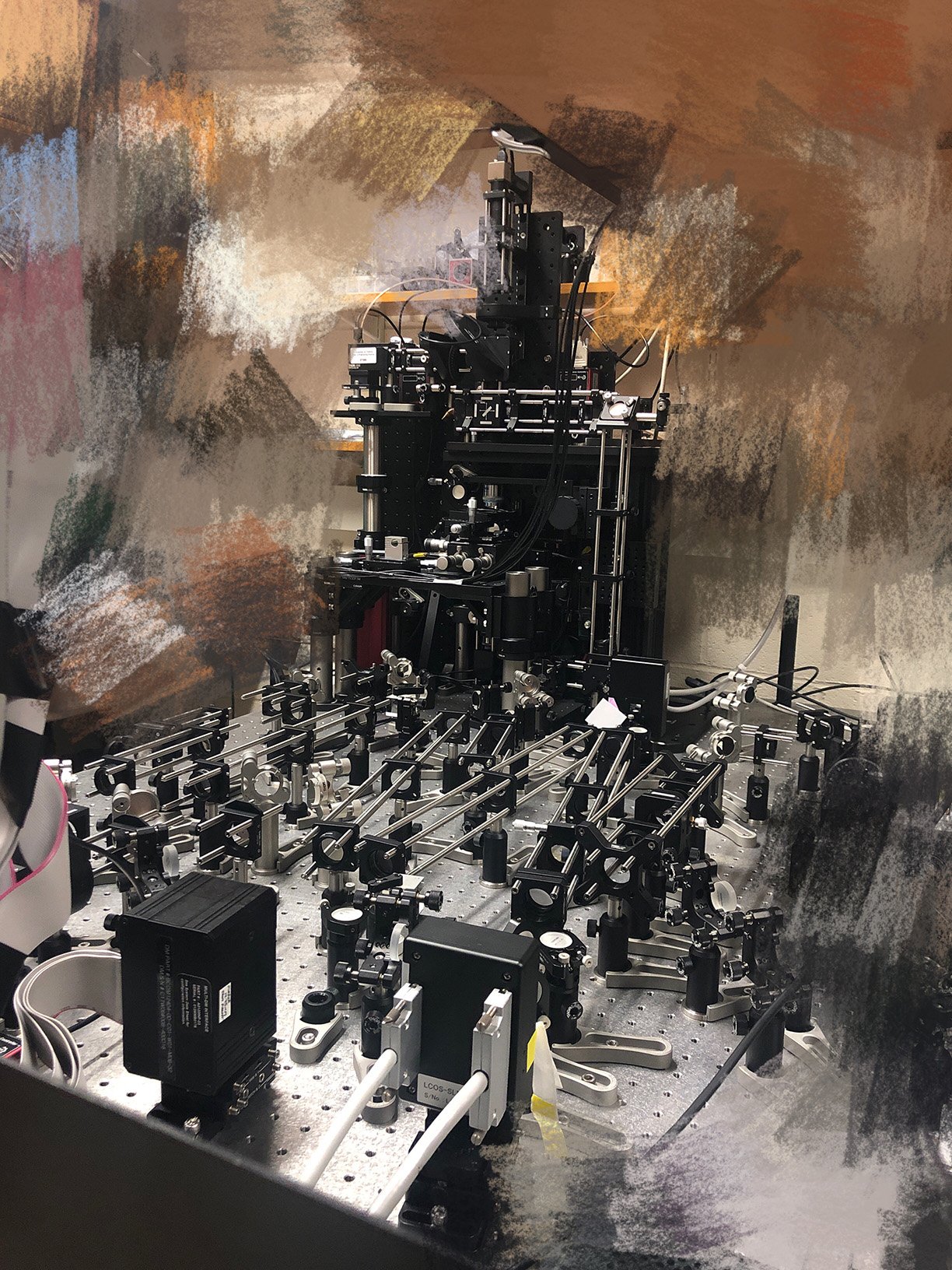Dr Chao He awarded £1 million grant to develop next-generation optical techniques

Dr Chao He, Junior Research Fellow in Engineering Science, has been awarded the grant, as Principal Investigator, to lead research on novel vectorial optical imaging methods for biomedical/clinical applications such as early cancer detection and cancer staging.
Cancer is one of the biggest threats to the welfare of human beings, but many forms of cancer can be cured if detected early and treated effectively. Research into continually improving techniques for early detection, including screening and early diagnosis, as well as determining the stage and extent of the cancer development, is therefore extremely important. Pathological analysis provides the key tool, with optical imaging methods helping to guide and reveal vital information.
Dr Chao He’s work at the Department of Engineering Science focuses on polarisation optics and its applications. In the new project, Dr He’s research team will develop novel optical imaging techniques for pathological analysis, and will work closely with other experts based both locally in Oxford, as well as internationally.
Dr Chao He has been working at the University of Oxford for a number of years. He undertook his DPhil degree at the Department of Engineering Science (2018–20, completing in just two years) in the Dynamic Optics and Photonics group (led by Professor Martin Booth), and then worked as a post-doctoral researcher, before obtaining a Stipendiary Junior Research Fellowship in Engineering Science at St John’s. He has been working with both the group in which he studied for his DPhil, and with the Soft Matter Photonics group (led by Professors Steve Elston and Stephen Morris). He has also co-supervised DPhil students, as well as giving tutorials to undergraduate students in the Department and the College. He has published over forty scientific papers, including first- and corresponding-authored papers in Nature Communications, Light: Science & Applications, Optica and Advanced Photonics. He also serves as a reviewer for Nature Photonics, Light: Science & Applications, Optica, etc.
Dr He commented:
'It is very exciting and a great honour to receive such an excellent grant, giving me the opportunity to conduct novel engineering-oriented research working towards optimised pathological imaging for cancer detection. We will use these funds to hire postdoctoral research assistants and students who are interested in this area to follow our research journey. I am additionally delighted that, even at such an early stage, there is already commercial interest in our work, and we hope to develop these techniques to their full applied capacity, with the potential to benefit the global healthcare sector and society as a whole.’
 Complex optical system built by Dr Chao He from scratch
Complex optical system built by Dr Chao He from scratch